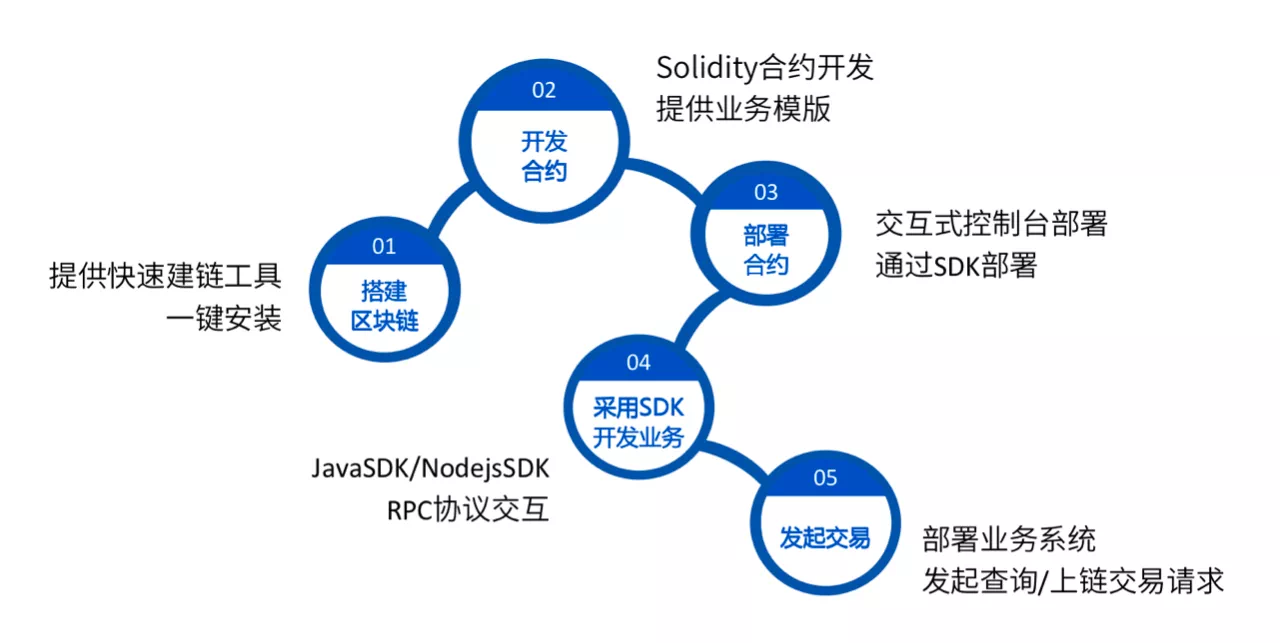In an era where authoritarianism poses significant threats to individual freedoms and democratic values, innovative technologies are emerging as powerful tools for resistance. Among these, smart contracts—a core component of blockchain technology—are gaining attention for their potential to disrupt authoritarian regimes. This article explores how smart contracts can serve as a mechanism for transparency, security, and decentralized governance, ultimately empowering individuals against oppressive systems. In particular, we will delve into the question: 智能合约如何抵抗极权?
Understanding Smart Contracts
What Are Smart Contracts?
Smart contracts are self-executing contracts with the terms of the agreement directly written into code. They operate on blockchain networks, which are decentralized and immutable, ensuring that once a smart contract is deployed, it cannot be altered or tampered with. This characteristic is crucial in maintaining trust among parties involved, particularly in environments where trust is scarce.
How Do They Work?
Smart contracts function by automatically enforcing and executing predefined conditions. For instance, if conditions A and B are met, then C will occur. This automation reduces the need for intermediaries, enhancing efficiency and security. The decentralized nature of blockchains further ensures that no single entity controls the contract, making it resistant to censorship and fraud, vital in understanding 智能合约如何抵抗极权.
The Threat of Authoritarian Regimes
What Defines Authoritarianism?
Authoritarian regimes are characterized by the concentration of power in a leader or elite, limited political pluralism, and the suppression of dissent. These regimes often employ surveillance, censorship, and manipulation to maintain control, undermining individual freedoms and rights.
Historical Context
Throughout history, technology has been used both to support and to resist authoritarianism. While regimes have harnessed technology for surveillance and control, the same tools have been repurposed for activism and resistance. The rise of the internet, social media, and now blockchain technologies are pivotal in this struggle.
Smart Contracts as a Tool for Resistance
Promoting Transparency
One of the fundamental advantages of smart contracts is their ability to promote transparency. In authoritarian regimes, access to information is often restricted. By using smart contracts, transactions and agreements can be made public on a blockchain, allowing citizens to hold their governments accountable. This feature is a key aspect of 智能合约如何抵抗极权.
Example: Transparent Voting Systems
Imagine a voting system where each vote is recorded as a smart contract. This system could ensure that all votes are visible and verifiable, reducing the likelihood of fraud and manipulation. Such transparency can empower citizens and restore faith in democratic processes.
Enhancing Security
Smart contracts provide a high level of security due to their encryption and decentralized nature. In authoritarian regimes where data privacy is often compromised, smart contracts can protect sensitive information and transactions from government surveillance.
Example: Secure Whistleblowing Platforms
Whistleblowers often face severe repercussions in authoritarian contexts. A secure platform utilizing smart contracts can allow whistleblowers to report corruption or abuses anonymously, ensuring their safety while promoting accountability.
Decentralized Governance and Autonomy
Empowering Local Communities
Smart contracts enable decentralized governance, allowing local communities to create their own rules and systems without interference from centralized authorities. This autonomy is crucial in resisting authoritarian control and illustrates 智能合约如何抵抗极权.
Example: Community Resource Management
In an authoritarian regime, local resources may be mismanaged or exploited. Smart contracts can facilitate fair and transparent resource allocation, empowering communities to manage their assets and reducing dependence on corrupt authorities.
Creating Alternative Economies
Smart contracts can facilitate peer-to-peer transactions, enabling the creation of alternative economic systems. In oppressive environments, this can help circumvent state-controlled economies and provide citizens with independent means of livelihood.
Challenges and Limitations
Technical Barriers
Despite their potential, smart contracts are not without challenges. Technical literacy is required to create and manage smart contracts, which may limit their accessibility in regions with low technological infrastructure.
Regulatory Risks
Authoritarian regimes may respond to the rise of smart contracts with increased repression, including attempts to ban or control blockchain technologies. Activists must navigate these risks carefully to avoid severe repercussions.
Case Studies of Smart Contracts in Action
1. Venezuela: Using Blockchain for Humanitarian Aid
In Venezuela, amidst hyperinflation and government collapse, blockchain technology has been used to distribute humanitarian aid more effectively. Smart contracts have allowed NGOs to ensure that aid reaches those in need without interference from corrupt officials.
2. Iran: Crowdfunding for Protests
During protests in Iran, activists have utilized smart contracts for crowdfunding efforts. By ensuring that funds are distributed transparently and securely, they can bypass government restrictions and support grassroots movements.
The Future of Smart Contracts and Authoritarian Resistance
Building Resilience
As smart contract technology continues to evolve, its potential to empower individuals in authoritarian regimes will grow. Developers and activists must collaborate to create user-friendly applications that prioritize security, transparency, and ease of use.
Global Cooperation
International cooperation can enhance the effectiveness of smart contracts as tools for resistance. Organizations and governments that support democratic values can invest in blockchain initiatives that promote transparency and accountability globally.
Conclusion
Smart contracts represent a promising avenue for combating authoritarian regimes by fostering transparency, security, and decentralized governance. Understanding 智能合约如何抵抗极权 is crucial for activists and developers alike. While challenges remain, the potential for these technologies to empower individuals and communities is profound. As history has shown, technology can be a double-edged sword; however, with mindful development and application, smart contracts can play a crucial role in the ongoing struggle for freedom and justice.
FAQs
1. What are smart contracts?
Smart contracts are self-executing contracts with the terms written in code on a blockchain, allowing automatic enforcement of agreements without intermediaries.
2. How do smart contracts promote transparency?
They make transactions publicly verifiable on the blockchain, enabling citizens to hold governments accountable and reducing fraud.
3. Can smart contracts protect sensitive information?
Yes, their encryption and decentralized nature enhance data privacy, making them a secure option for sensitive transactions.
4. What role do smart contracts play in community governance?
They enable local communities to establish their own rules and manage resources independently, reducing reliance on authoritarian authorities.
5. Are there risks associated with using smart contracts in authoritarian regimes?
Yes, users may face technical barriers and regulatory risks, as authoritarian governments may attempt to control or ban such technologies.














